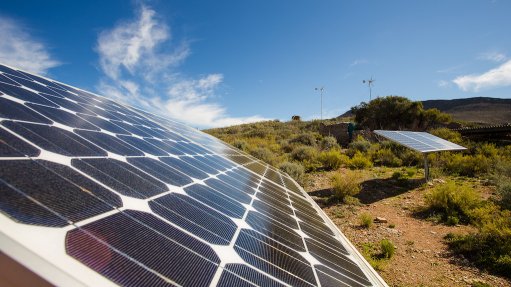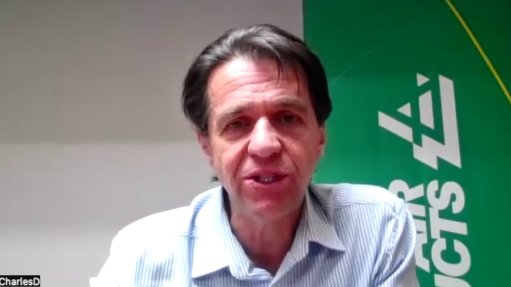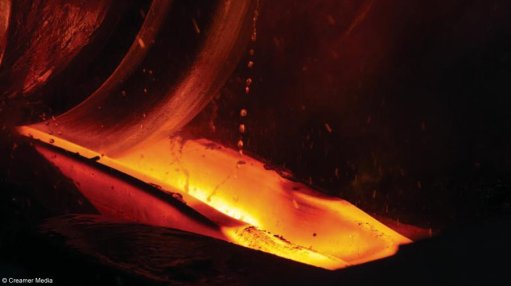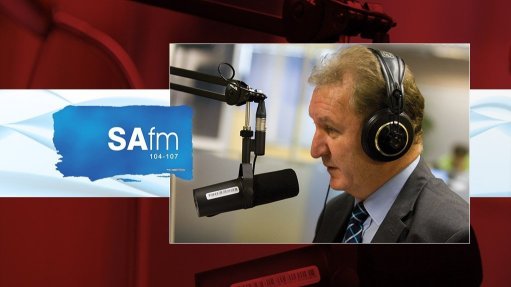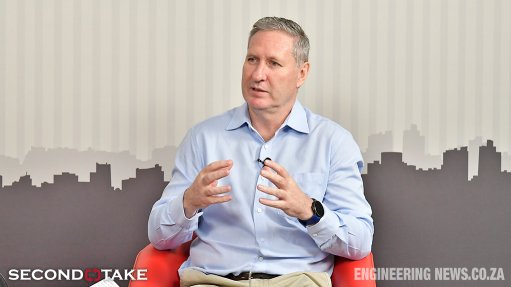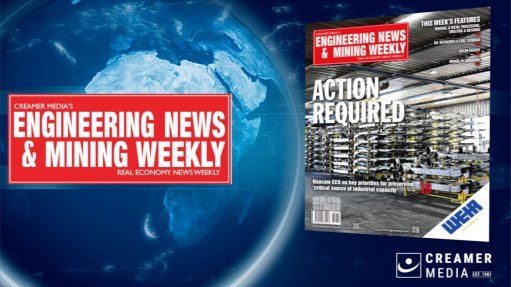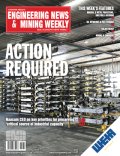LE South Africa’s ‘rat trap’ proves not all greases are created equal
This article has been supplied.
Lubrication Engineers (LE) South Africa is using a simple mechanical test tool called the “rat trap” to demonstrate how two supposedly similar lubricants may behave differently under pressure.
“People often think a grease is a grease is a grease,” says Callum Ford, National Marketing Manager at LE South Africa. “However, greases are used for such a wide range of applications that there are specialist products for specific uses. They differ massively in viscosity and their properties. For example, some greases are the consistency of honey; others of peanut butter; still others of toffee. Naturally, these greases will behave differently.”
To measure grease viscosity, there is a scale created by the National Grease Lubricating Institute (NLGI). This rates grease viscosity from 000 to 6, representing the full range available, from very low to very high viscosity greases.
“Equipment manufacturers will typically specify the NLGI grade required on their equipment,” says Ford. “If it specifies NLGI 002 and you’re using NLGI 3, you’re going to run into problems, because the grease penetration is different.”
The value of the right additive
Importantly, and this is where the rat trap comes in, even greases with the same NLGI rating will behave differently depending on the base and additives with which they are made.
“We use the rat trap to show people how two lubricants with the same NLGI grade react differently to the same force or pressure over time,” says Ford. “The rat trap is a simple brute force tool that snaps a spring-loaded clapper onto two metal plates. We apply one grease to the one plate of the apparatus (normally a competitor product) and then LE’s equivalent NLGI grease to the other. We then pull back the spring-loaded clapper. When we release it, it hits both plates with the same speed and force. We then compare how the two lubricants have reacted. We can snap the device several times to simulate what would happen over time or continuous use.”
LE’s greases use a proprietary additive called Almasol, is a solid wear-reducing additive that is able to withstand extremely heavy loads, chemical attack and temperatures up to 1,038 degrees Celsius. It is attracted to metal surfaces, forming a microscopic layer, but not building on itself or affecting clearances. Almasol minimises metal-to-metal contact and the resulting friction, heat and wear.
With two different lubricants applied to the rat-trap, a grease without Almasol inevitably disperses from the joint where it’s been applied much quicker than one that contains this additive. “The non-Almasol grease loses its tackiness and heats up far more quickly,” says Ford. “Each of our unique, proprietary additives has been designed to yield specific benefits. This is a tangible way we can show our customers exactly the difference that Almasol can make in protecting their equipment.”
Comments
Press Office
Announcements
What's On
Subscribe to improve your user experience...
Option 1 (equivalent of R125 a month):
Receive a weekly copy of Creamer Media's Engineering News & Mining Weekly magazine
(print copy for those in South Africa and e-magazine for those outside of South Africa)
Receive daily email newsletters
Access to full search results
Access archive of magazine back copies
Access to Projects in Progress
Access to ONE Research Report of your choice in PDF format
Option 2 (equivalent of R375 a month):
All benefits from Option 1
PLUS
Access to Creamer Media's Research Channel Africa for ALL Research Reports, in PDF format, on various industrial and mining sectors
including Electricity; Water; Energy Transition; Hydrogen; Roads, Rail and Ports; Coal; Gold; Platinum; Battery Metals; etc.
Already a subscriber?
Forgotten your password?
Receive weekly copy of Creamer Media's Engineering News & Mining Weekly magazine (print copy for those in South Africa and e-magazine for those outside of South Africa)
➕
Recieve daily email newsletters
➕
Access to full search results
➕
Access archive of magazine back copies
➕
Access to Projects in Progress
➕
Access to ONE Research Report of your choice in PDF format
RESEARCH CHANNEL AFRICA
R4500 (equivalent of R375 a month)
SUBSCRIBEAll benefits from Option 1
➕
Access to Creamer Media's Research Channel Africa for ALL Research Reports on various industrial and mining sectors, in PDF format, including on:
Electricity
➕
Water
➕
Energy Transition
➕
Hydrogen
➕
Roads, Rail and Ports
➕
Coal
➕
Gold
➕
Platinum
➕
Battery Metals
➕
etc.
Receive all benefits from Option 1 or Option 2 delivered to numerous people at your company
➕
Multiple User names and Passwords for simultaneous log-ins
➕
Intranet integration access to all in your organisation






